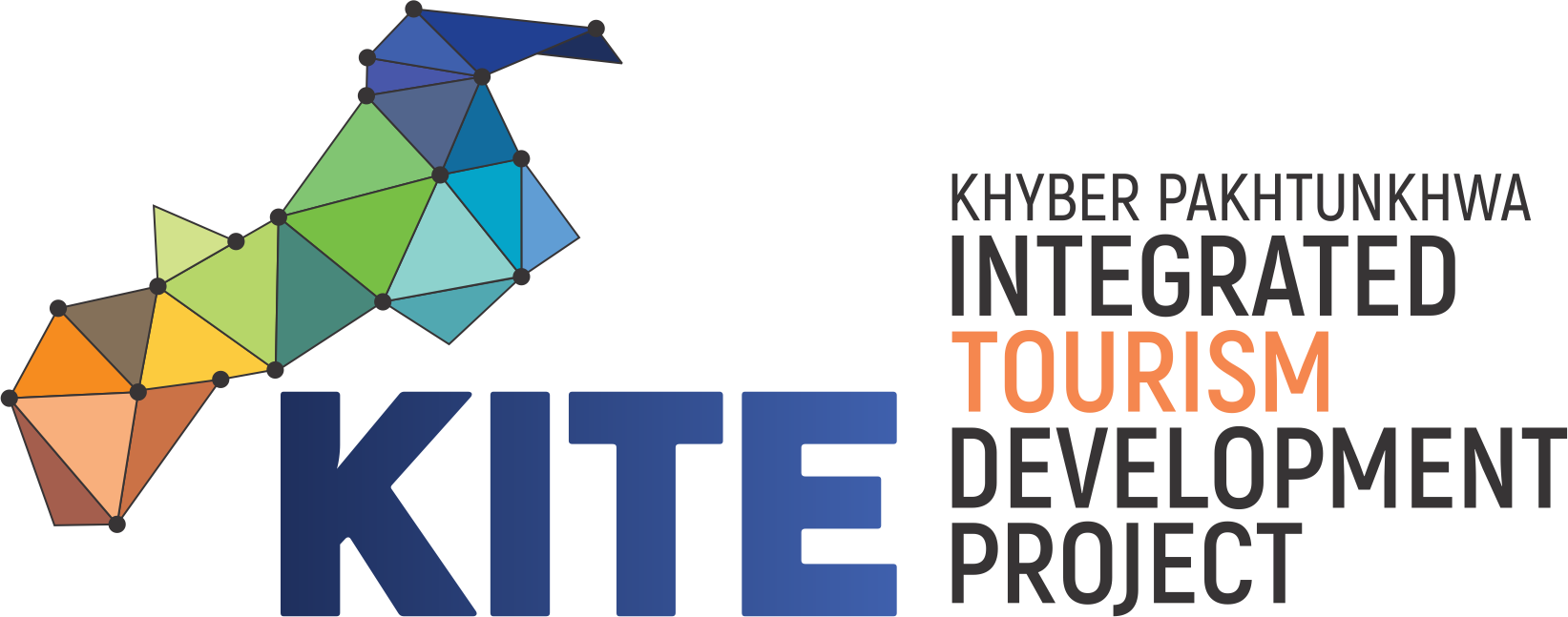Destination Management Plan
To develop the tourism sector to employ it as a key driver of economic growth and job creation in the province KITE has worked on the development of the first-ever initiative in Pakistan by developing “Destination Investment Management Plans” for Upper Swat and Chitral and Kumrat. A strategic approach was adopted that included a detailed situational analysis, supply and market analysis, and stakeholder engagement. Primary and secondary research was also conducted to understand the current state of the tourism industry and to explore successful sustainable tourism models from around the world. The recommendations for promoting sustainable tourism in Chitral, Upper Swat, and Kumrat have been organized into three main sub-plans: the Destination Management Plan (DMP), Visitor Management Plan (VMP) and Destination Investment Plan (DIP). The Destination Management Plan provides recommendations for effective management of the touristic destination. The recommendations cover areas such as organizational structure, performance management, monitoring and evaluation mechanism, financial sustainability, building bye-laws and coordination among various departments. The Visitor Management Plan focuses on enhancing the visitors' experience by recommending various initiatives and investments, such as information collection systems, road signage, tourist information centers, emergency response mechanisms, site interpretations and signage. The Destination Investment Plan identifies various investment opportunities for both public and private investors, with a strong emphasis on mobilizing private investment through public-private partnerships. The investment plan proposes to make investments in a phased manner.
, with the help of World Bank has carried out (2).png)
KITE recognize the potential of KP tourism sector to advance prosperity & drive inclusive, sustainable development. Committed to its aim of making KP as "preferred and resposible tourism destination"


